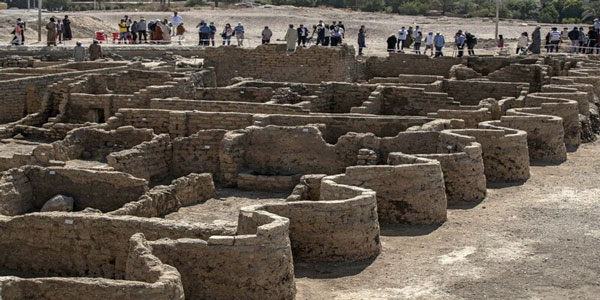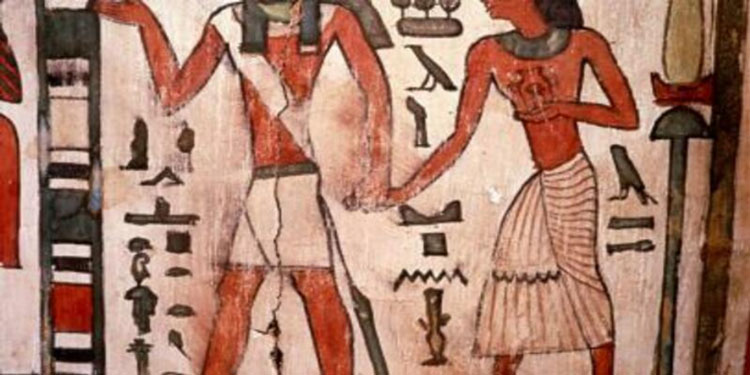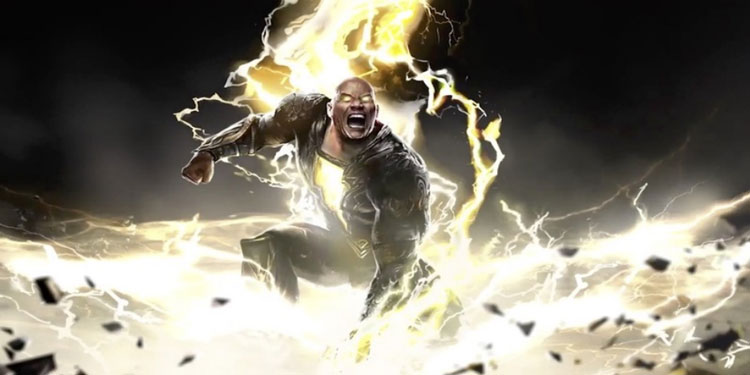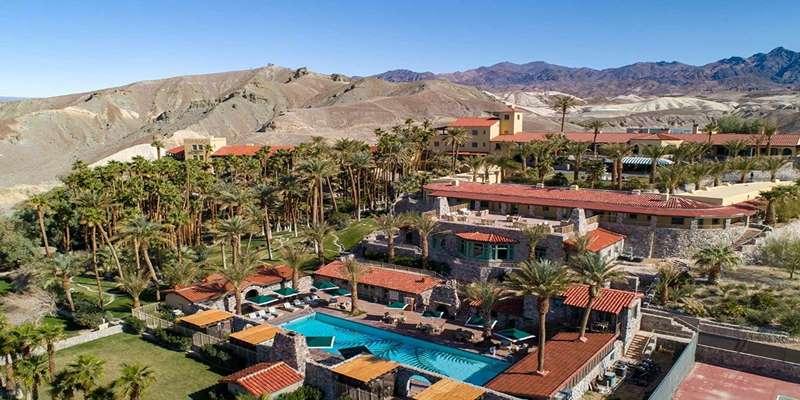The ninth monarch of the 18th dynasty from ancient Egypt, named Amenhotep III, is credited with founding the lost metropolis. The Washington Post suggests that Aten, located near modern-day Luxor in the south, was among the most critical administrative but instead industrial centers of its day. According to a delegation member's comment, the discovery of this city provides an unprecedented window into daily life in Egyptian Civilization at the height of the empire's prosperity. Researchers in archaeology are keeping their fingers crossed that this "amazing" find may shed light on the day-to-day activities of ancient cultures.
Extensive digging has been going on since September, seen between Amenhotep III but instead King Ramses III's temples. The archeological team stated that the primary goal was to locate King Tutankhamun's funerary temple. "Within weeks, towards the team's great amazement, formations resembling mud bricks started to develop throughout all dimensions," the statement said. They discovered the remains of a sizable city that had been well-preserved, down to its almost intact walls and chambers stuffed with practical items. The items and the town seemed to have been abandoned just the day before.
Meet The Egyptian Gods That Give Dc Comics' Black Adam His Power
Black Adam, featuring Dwayne "The Rock" Johnson, is the newest DC Comics film, and it features a cast of six ancient Egyptian gods. The film will be released in cinemas on October 21. In the movie Black Adam, Dwayne Johnson plays one of the most formidable figures in the DC Cinematic Universe. Black Adam, much like the superhero Shazam, draws his abilities from a group of deities. As opposed to Shazam, who draws his power from the ancient Greek and Roman pantheons, Black Adam is endowed with extraordinary strength by the Egyptian pantheon. In ancient Egypt, about two thousand different gods were worshiped. There's even a deity of scent and then a goddess of cats. Despite the presence of so many intriguing characters, just six of them are responsible for Black Adam's powers.
Shu
The first is Shu, who bestows unimaginable might onto Adam. One or more of Egypt's most revered deities was named Shu. His name, Shu, signifies "emptiness," and he is meant to symbolize the void between the heavens and the ground. He embodied the wind and the beams of light that emanated from his mother, the sun deity Ra. Sailors believed in him as a deity of the current and asked him to send favorable winds their way. The artwork of Shu often featured a guy decked up in a flamingo feather and holding an ankh, the Egyptian sign of life.
Heru
Heru, or Horus, also known as the patron of something like the Pharaohs, bestows Adam his superhuman speed. For the ancient Egyptians, he took the shape of a falcon, with the sun in its right eye and even the moon, symbolizing health, in its left. The "Eye of Horus" was a sign of luck and safety in ancient Egypt.
Amun-Ra
Amun-Ra bestows incredible power on the body. Amun reigned as the supreme deity of Egypt. He appeared in both human and ram forms. Amun means "the hidden one" in Egyptian. Amun was so mysterious that he was linked to the sun-god Ra, another deity associated with the origins of life and creation. There were subsequent comparisons made between Amun and Zeus but instead, Jupiter, the supreme gods of Greece and Rome.
Zehuti
The ibis-headed deity Zehuti, also known as Thoth, represented knowledge, insight, and sorcery in ancient Egypt. He was also revered as the protector of ideas, knowledge, and creativity. There were parallels between the roles of Thoth and the Greek deity Hermes. The mythical Egyptian God Thoth created the Gregorian calendar with its 365 days.
Aton
The worship of the sun deity Aton, portrayed as a solar disk radiating rays ending in human hands, temporarily served as the national religion. Aten was not limited to either human or animal form; instead, it was ubiquitous. Aton, a god worshiped from the Old Kingdom and ancient Egypt, personified the sun's energy as the ultimate source of almost all life.
Menu
Black Adam receives bravery from the battle deity Menthu. The God of battle in ancient Egyptian religion, Manchu, has often been represented with a falcon's head. In Egyptian mythology, Menthu would slay anybody who dared to harm Maat. He played a significant role in the lives of pharaohs who strove to increase their power and territory by becoming ruthless conquerors and hoping that his deity would give them victory on the battlefield.
Conclusion:
Itjtawy (a royal city created under Pharaoh Amenemhat I), but these are two newly discovered Egyptian towns. However, many more are waiting to be found, besides more pyramids and specific ancient Egyptian landmarks.






